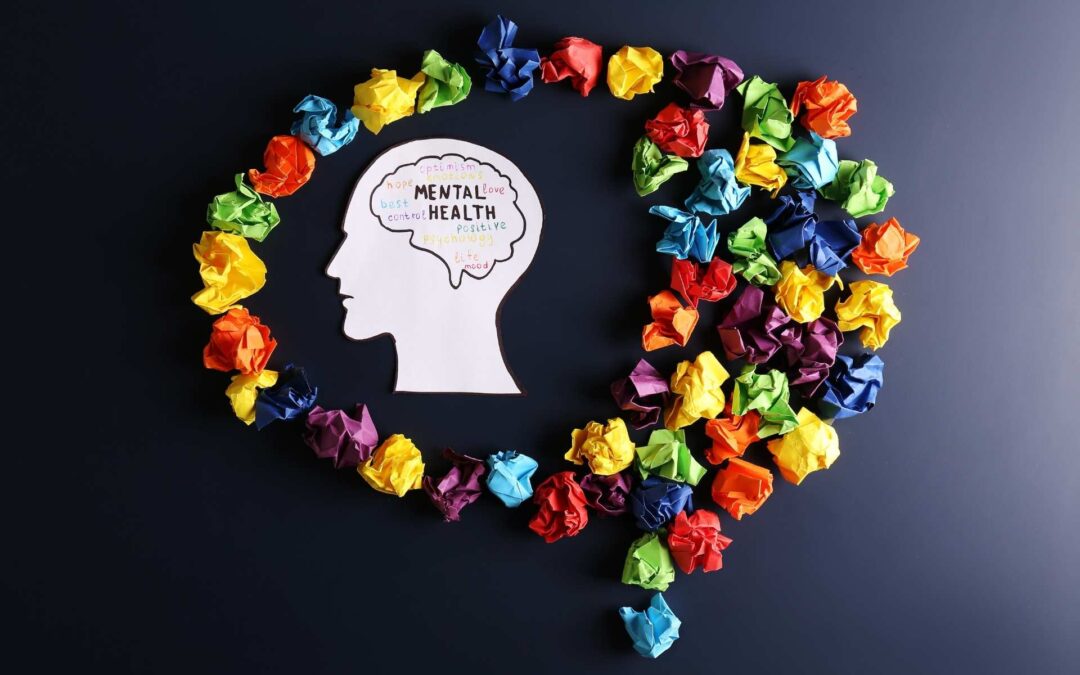The benefit of discussing mental health on overall well-being is not new, and it is being socially accepted in spaces than have historically been allowed. Yet, it remains shrouded in myths and misconceptions. These misunderstandings can hinder individuals from seeking the help they need or from supporting others effectively. By debunking these myths, we can foster a more informed and compassionate society. Here are some of the most common myths about mental health and the truth behind them.
Myth 1: Mental Health Issues are Rare
One of the biggest misconceptions is that mental health disorders are uncommon. In reality, mental health issues affect millions of people globally. According to the World Health Organization, 1in 4 people will experience a mental health issue at some point in their lives. These issues can vary from anxiety and depression to more severe conditions like schizophrenia and bipolar disorder. Acknowledging that mental health disorders are widespread will help reduce stigma and encourage more open conversations about mental health.
Myth 2: Those with Mental Health Concerns are Weak
Another prevalent myth is that mental health problems are a sign of personal weakness or lack of willpower. A good example of this is of someone saying they ‘feel depressed and sad’ and someone responding to ‘just get over it’. Mental health disorders are complex conditions influenced by various factors, including genetics, environment, and biological factors. Just as we wouldn’t blame someone for having a physical illness, we should not attribute mental health conditions to weakness. Understanding that mental health issues are medical conditions can foster empathy and support for those who are struggling.
Myth 3: Therapy Is Only for “Crazy” People
Many people believe that therapy is only for individuals with severe mental health issues. The image conjured is of an Asylum where someone has to be assessed clinically; however, the reality is that mental health concerns can come up for virtually everyone, and therapy can benefit anyone, regardless of their current mental health status. Many individuals seek therapy for various reasons, including managing stress, navigating life transitions, improving relationships, or simply for personal growth. Normalizing therapy as a valuable resource for everyone is essential, much like visiting a doctor for physical health concerns.
Myth 4: Medication Is the Only Solution
While medication can be an essential part of treatment for some individuals, it is not the only solution for mental health issues. Many people benefit from a combination of therapy, lifestyle changes, and support systems. Holistic approaches, including exercise, mindfulness, and social connections, can be critical in managing mental health. It’s essential to recognize that each person’s path to recovery is unique, and effective treatment often involves various modalities tailored to individual needs and processes.
Myth 5: Children Don’t Experience Mental Health Issues
There is a common belief that children are too young to suffer from mental health issues. However, research shows that mental health disorders can affect children and adolescents just as they do adults and have an impact on developing minds. Conditions like anxiety, depression, and ADHD can appear early in life, and early intervention is critical for long-term success. Parents, educators, and caregivers must be vigilant and supportive, ensuring children can access mental health resources as needed.
By dispelling these myths surrounding mental health, we can create a more supportive environment for individuals to seek help and advocate for their well-being and personal journey with mental health care. Understanding that mental health issues are common, complex, and deserving of compassion is key to building a healthier society. Encouraging open dialogue about mental health will help those in need and foster understanding and kindness among us all. Let’s work together to break down the barriers surrounding mental health and promote a culture of acceptance and support.
References:
Mental Health: Top 7 Myths and Facts.
Mental Health and Wellbeing in the Workplace – Convene Training.
Debunking Myths on Mental Health: What You Need to Know Now.

